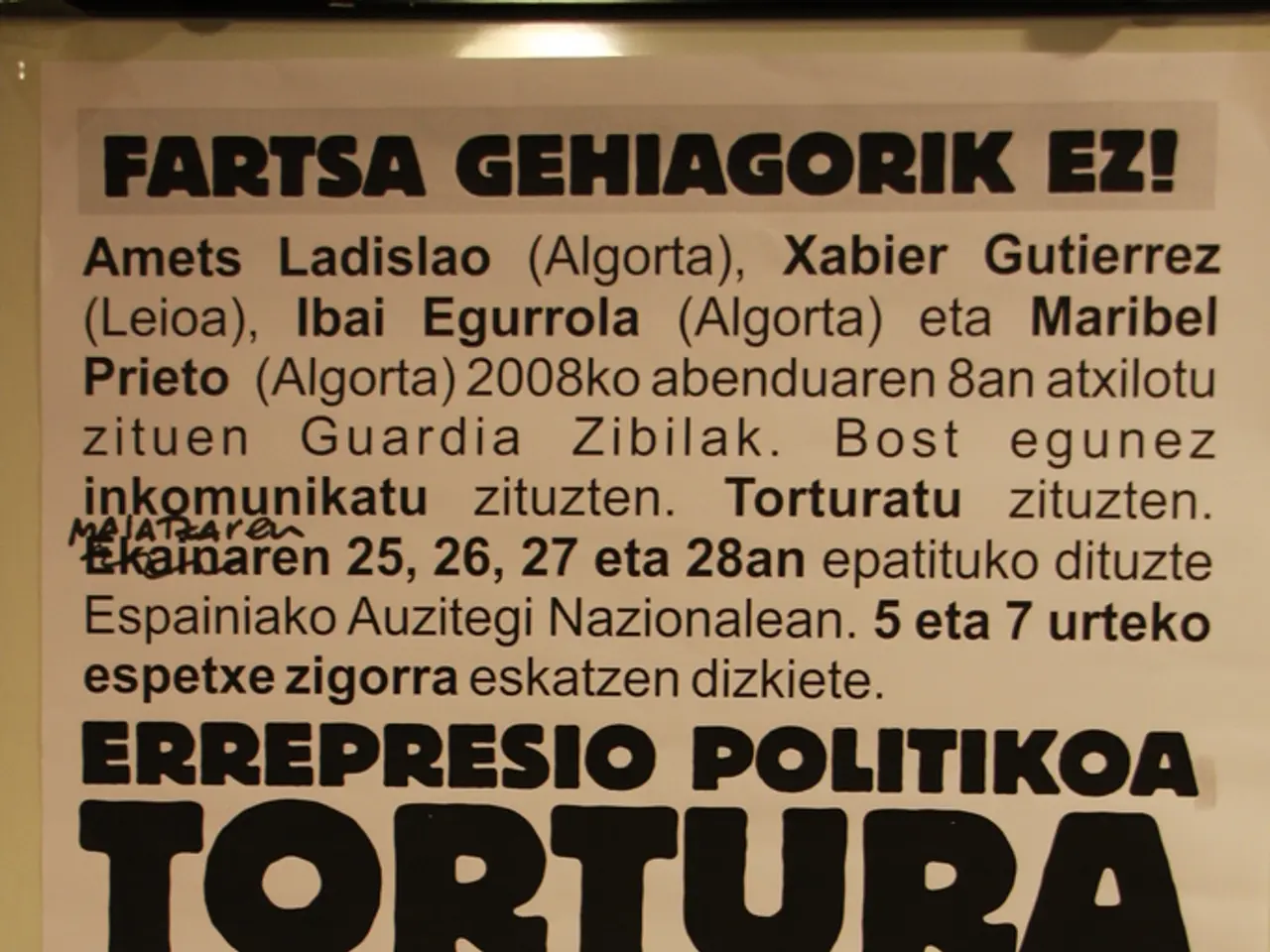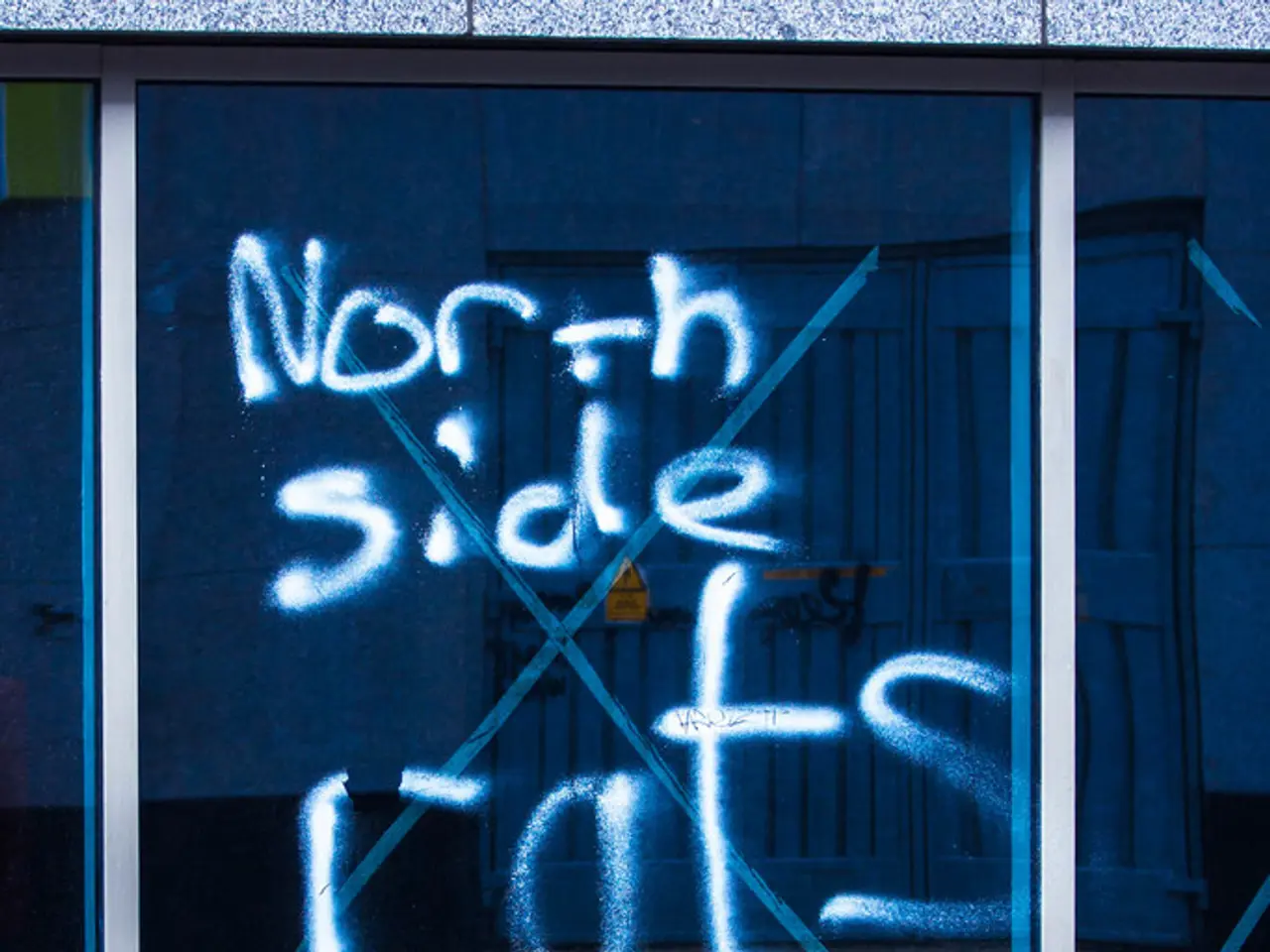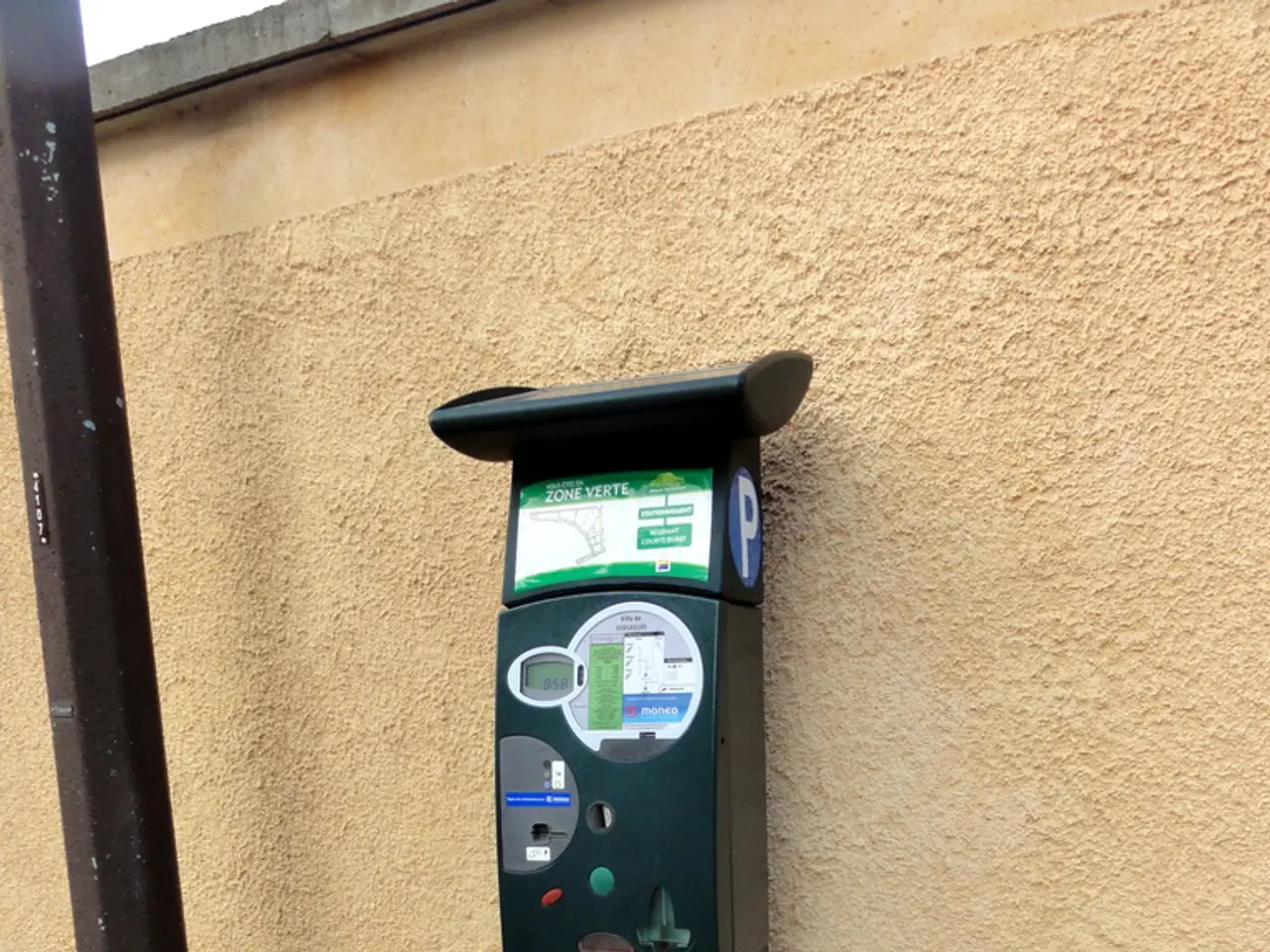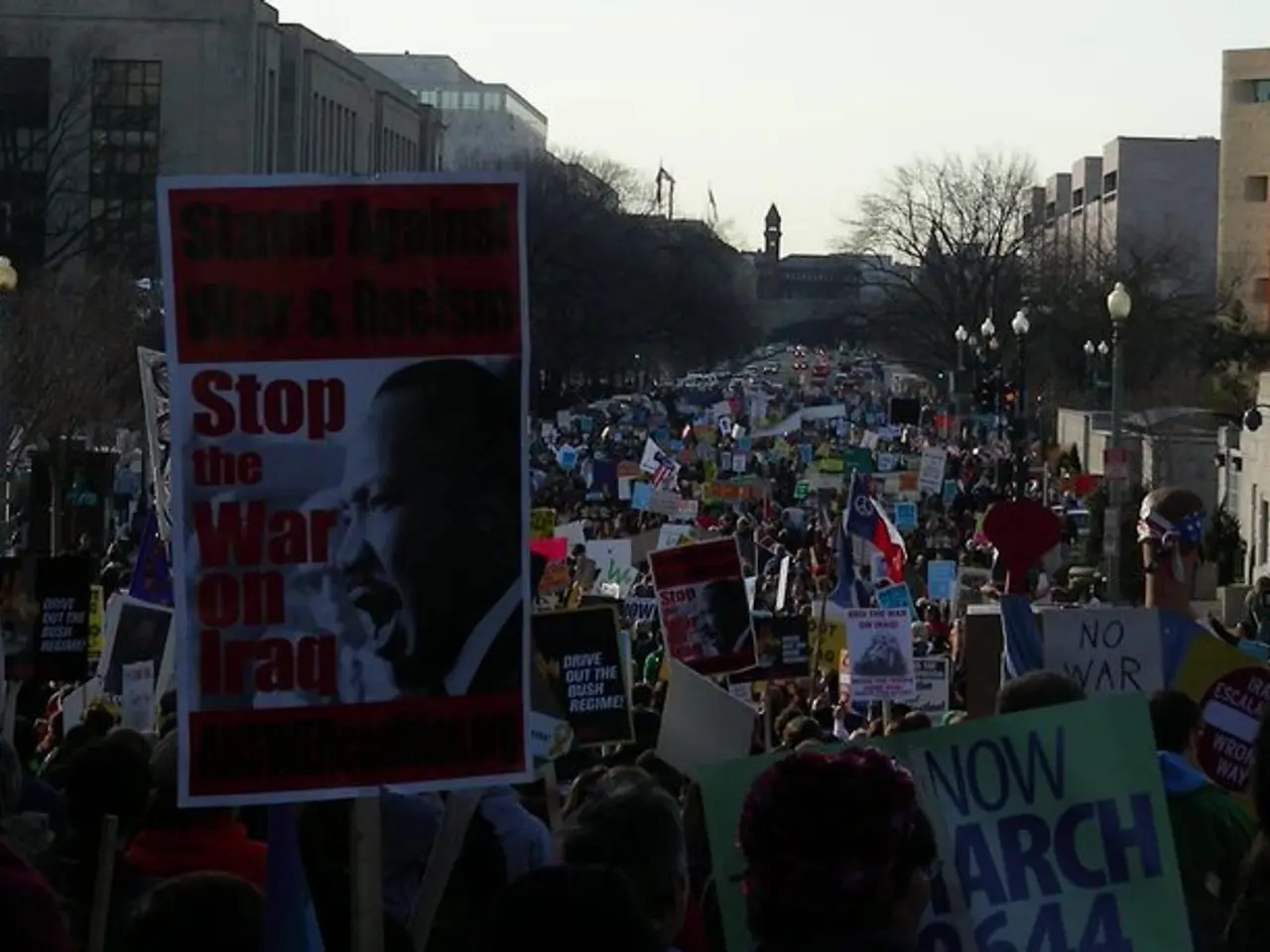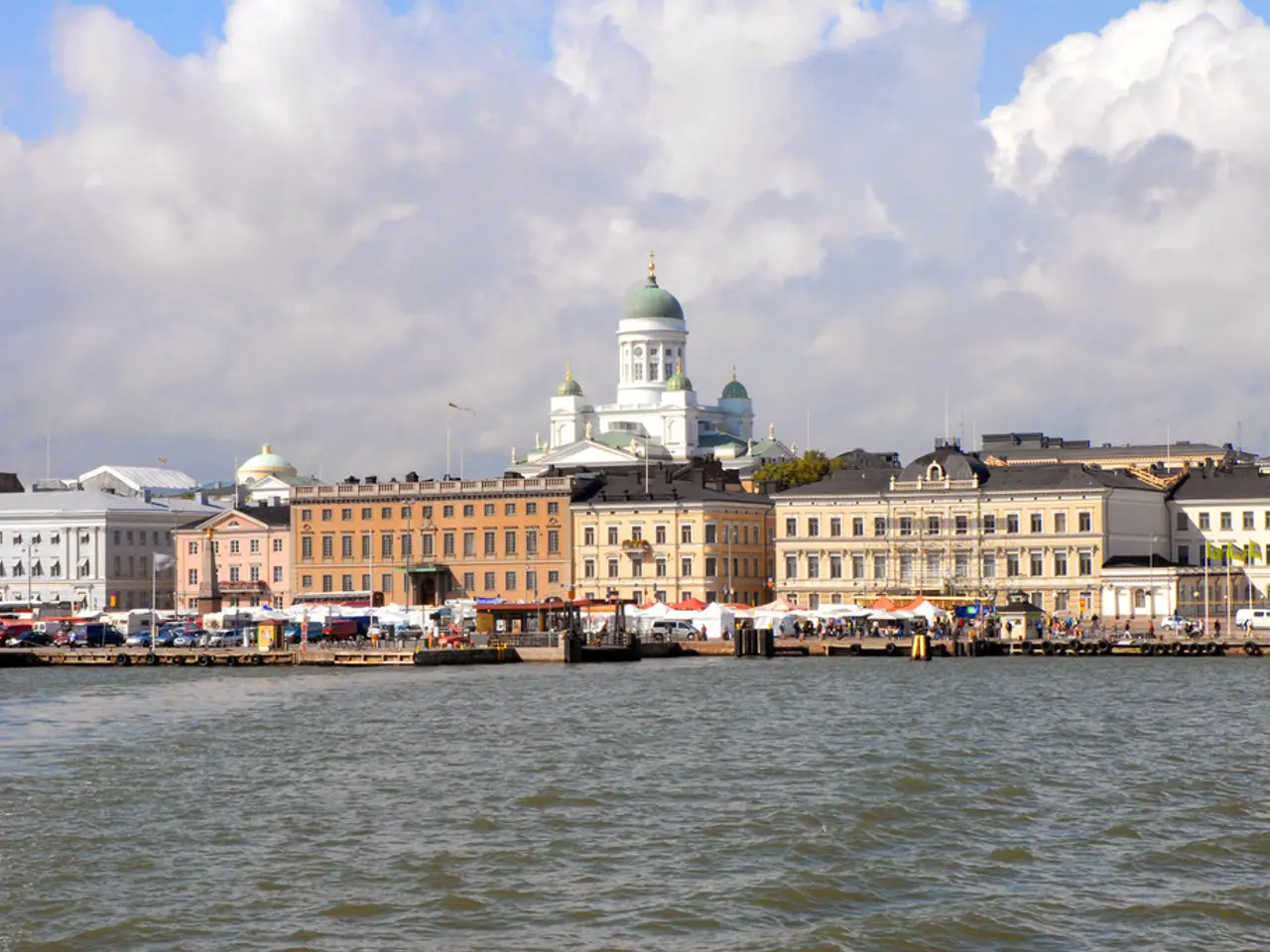Spanish evangelicals voice worries about ambiguous proposals to discontinue 'conversion therapies'
In Spain, a heated debate is unfolding over a proposed bill that aims to criminalise 'conversion therapies', practices aimed at altering an individual's sexual orientation or gender identity. The bill, which has received broad political support, is currently awaiting approval by the Senate.
The bill seeks to amend the Spanish Penal Code, making conversion therapies criminal offences. Offenders could face prison sentences ranging from six months to two years. However, the bill has sparked concerns about its potential impact on religious freedom.
Religious groups, including the Spanish Evangelical Alliance (AEE), have strongly opposed the bill. They argue that it misrepresents support treatments and pastoral care, claiming that such support is not about coercion but providing help to those who seek it voluntarily. Under the proposed law, pastors who offer counselling based on biblical principles could face imprisonment, raising alarms about the potential infringement on religious freedom.
The AEE has called on parliamentarians to vote on this proposal "in good conscience", because "this is not a matter that should be governed by ideology, but by the deepest and most universal sense of democracy". They also request that the bill be revised to ensure a clear definition of 'conversion therapies', restricting them to cases of coercion or real violence.
The Federation of Evangelical Religious Entities of Spain (FEREDE) shares similar concerns. They argue that criminalising spiritual practices would be a clear violation of religious freedom. FEREDE also questions the need for a penal reform, stating that there are already sufficient administrative mechanisms, and any serious infraction is already punished under the current Penal Code.
The debate highlights a tension between the protection of LGBTQ+ rights and concerns about religious freedom in Spain. FEREDE agrees with the condemnation of coercive or degrading practices but considers it unacceptable to confuse such interventions with free forms of spiritual accompaniment. They argue that in a free and pluralistic society, citizens should be able to seek spiritual support in accordance with their beliefs, as long as there is no coercion or harm.
While some see the bill as a step forward in protecting LGBTQ+ rights, others argue that it could curtail religious freedom and the ability of individuals to seek certain forms of counselling. The AEE calls for the bill to "expressly exclude non-coercive religious practices" and to respect the right of parents to educate their children according to their convictions.
As the bill moves through the legislative process, it continues to draw intense scrutiny from both sides. The AEE has rejected the draft law aimed at ending 'conversion therapies', while proponents view it as a necessary measure to protect LGBTQ+ individuals from harmful practices. The Spanish parliament is considering the bill with careful deliberation, aiming to strike a balance between protecting the rights of all citizens.
- The Spanish Evangelical Alliance (AEE) and the Federation of Evangelical Religious Entities of Spain (FEREDE) both argue that the proposed bill on criminalising conversion therapies may violate religious freedom by potentially imprisoning pastors who offer counselling based on biblical principles.
- The AEE has urged parliamentarians to revise the bill to ensure a clear definition of 'conversion therapies', restricting them to cases of coercion or real violence, and to expressly exclude non-coercive religious practices, as they believe it is important to respect the right of parents to educate their children according to their convictions within the context of policy-and-legislation and general-news.
